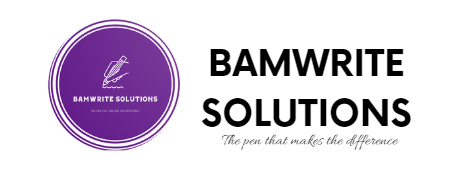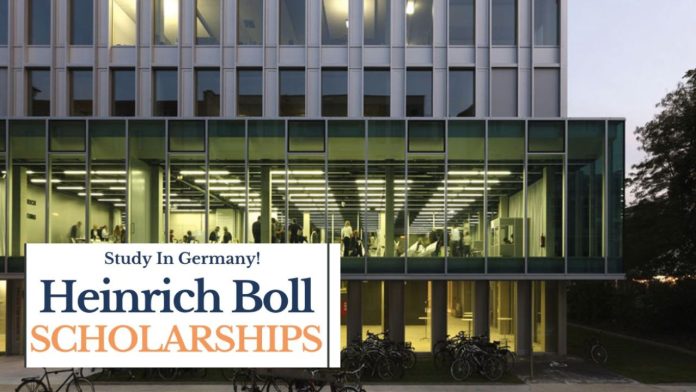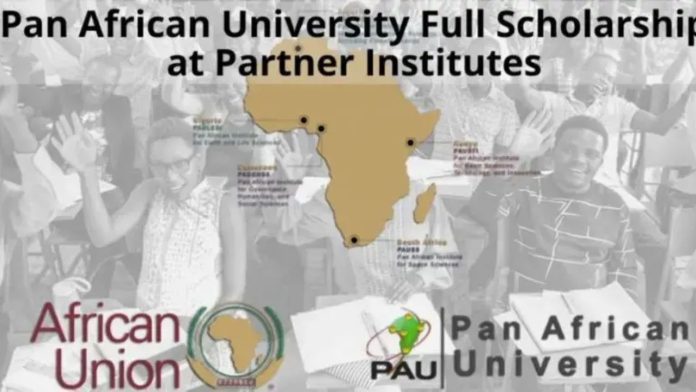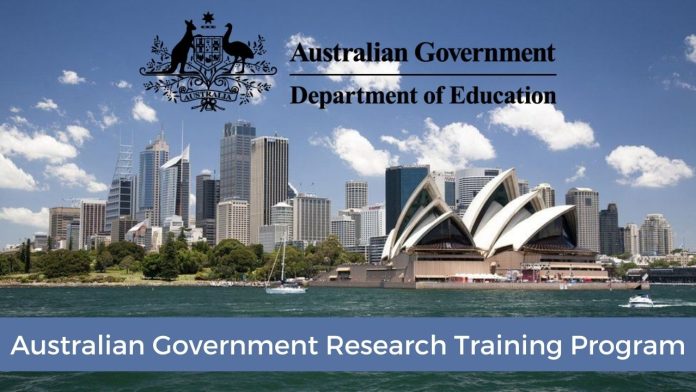
SOAS London Allan and Nesta Ferguson Scholarship
The University of London (SOAS) is inviting interested and qualified Africans to apply for the 2026 SOAS London Allan and Nesta Ferguson Scholarships.
The Allan and Nesta Ferguson Scholarship has a total value of £32,500 which will be put towards tuition fees for eligible Master’s degree programs at the SOAS University of London with the remainder paid as a stipend.
In this article, we will provide a breakdown of what the scholarship entails, its eligibility criteria, benefits, and the step-by-step application guide.
SOAS London Allan and Nesta Ferguson Scholarships Summary
- Host: SOAS University of London
- Study Abroad: Study in UK
- Category: Postgraduate Scholarships | Master Scholarships
- Eligible Countries: All African Countries
- Reward: Full Scholarship | £32,500
- Deadline: February 6, 2026
- Scholarship Alerts: To receive Scholarship Alerts on WHATSAPP, CLICK HERE
SOAS London Allan and Nesta Ferguson Scholarships Details:
Each year, the Allan and Nesta Ferguson foundation offers scholarships to African residents and nationals to study at the School of Oriental and African Studies (SOAS), University of London.
This year, two Allan and Nesta Ferguson Scholarships have been established for African Students (African nationals and residents in Africa), who wish to undertake a taught masters course at SOAS.
The Allan and Nesta Ferguson scholarship is awarded on the basis of academic merit. Students offered an Allan and Nesta Ferguson Scholarship must take it up in the academic year 2026/27 and it cannot be deferred to a later year.
SOAS London Allan and Nesta Ferguson Scholarship 2026 Requirements:
To be eligible for the SOAS London Allan and Nesta Ferguson Scholarship, applicants should:
- be a resident in low income or lower middle income countries (as defined by the World Bank) and preferably from low income households
- hold an undergraduate degree at the first class level
- new scholarship applicants must have applied to SOAS but are not required to have received an offer of admissions by the scholarship deadline. An offer will need to have been received by the time the relevant panel meets to discuss scholarship applications
- applicants must meet the English language condition of their offer of admission to study at SOAS as soon as possible
- please note that this scholarships do not cover funding or even allow for Pre-sessional courses
Allan and Nesta Ferguson Scholarship Duration and Reward
Each Allan and Nesta Ferguson Scholarship has a total value of £32,500 which will be put towards tuition fees. If tuition fees are less than this amount the remainder will be paid out as a stipend.
The Ferguson Scholarship is awarded on the basis of academic merit.
Candidate assessment
- Candidates will be assessed on academic merit by an Advisory Panel consisting of three academic members.
- The assessment of your application will be based on the information in your scholarship application. Selectors will be looking at the degree results and also at academic references, statement and other relevant information.
Scholarship application deadline
- Scholarship applications must be received no later than 23:59 (UK local time) on 6 February, 2026.
- You must also submit a complete online application to your programme. It is recommended to apply for the programme about six weeks BEFORE the scholarship deadline to ensure you have an offer at the time of shortlisting.
How To Apply for SOAS University of London Allan and Nesta Ferguson Scholarship 2026
To apply for the SOAS London Allan and Nesta Ferguson Scholarships, interested and qualified candidates should follow the steps below;
- STEP 1: Apply for your programme: You must submit a completed online application for admission.
- STEP 2: Apply for the scholarship : You must apply for this scholarship via the scholarship application form by 12:00pm (midday UK local time) on 6 February 2025.
- Please note that complete applications for admission can take up to 4 weeks to be considered by the Department, although this duration can vary depending on the time of year. You should be prepared to wait up to 6 weeks in busy periods.
- Late or incomplete applications will not be considered.
Notification of results
The scholarship shortlisting and awarding period is expected to be completed by the end of April 2026, at the earliest. Successful candidates will be contacted first and once all awards have been allocated, the unsuccessful candidates will be notified.
Deadline: February 6, 2026









